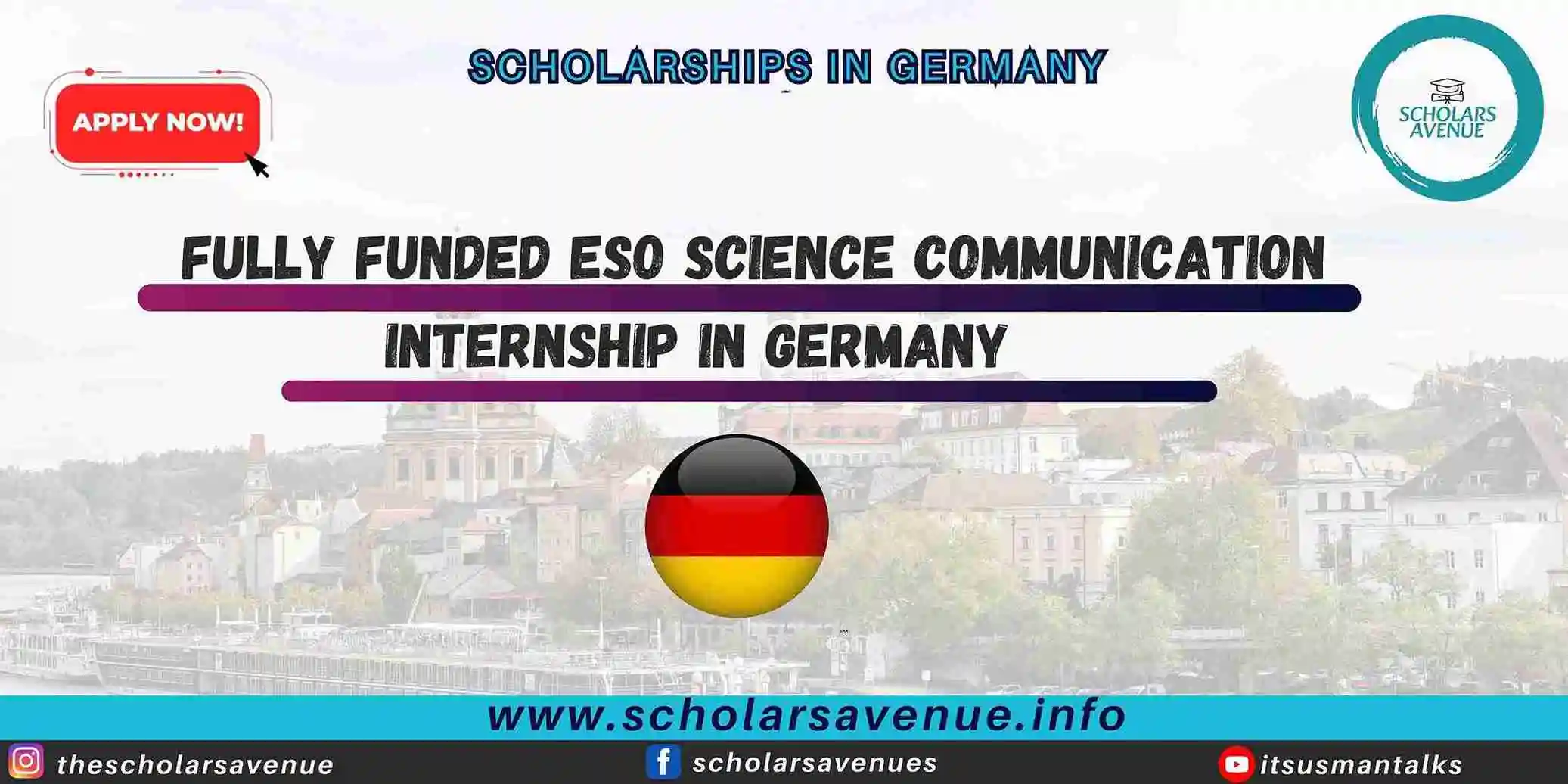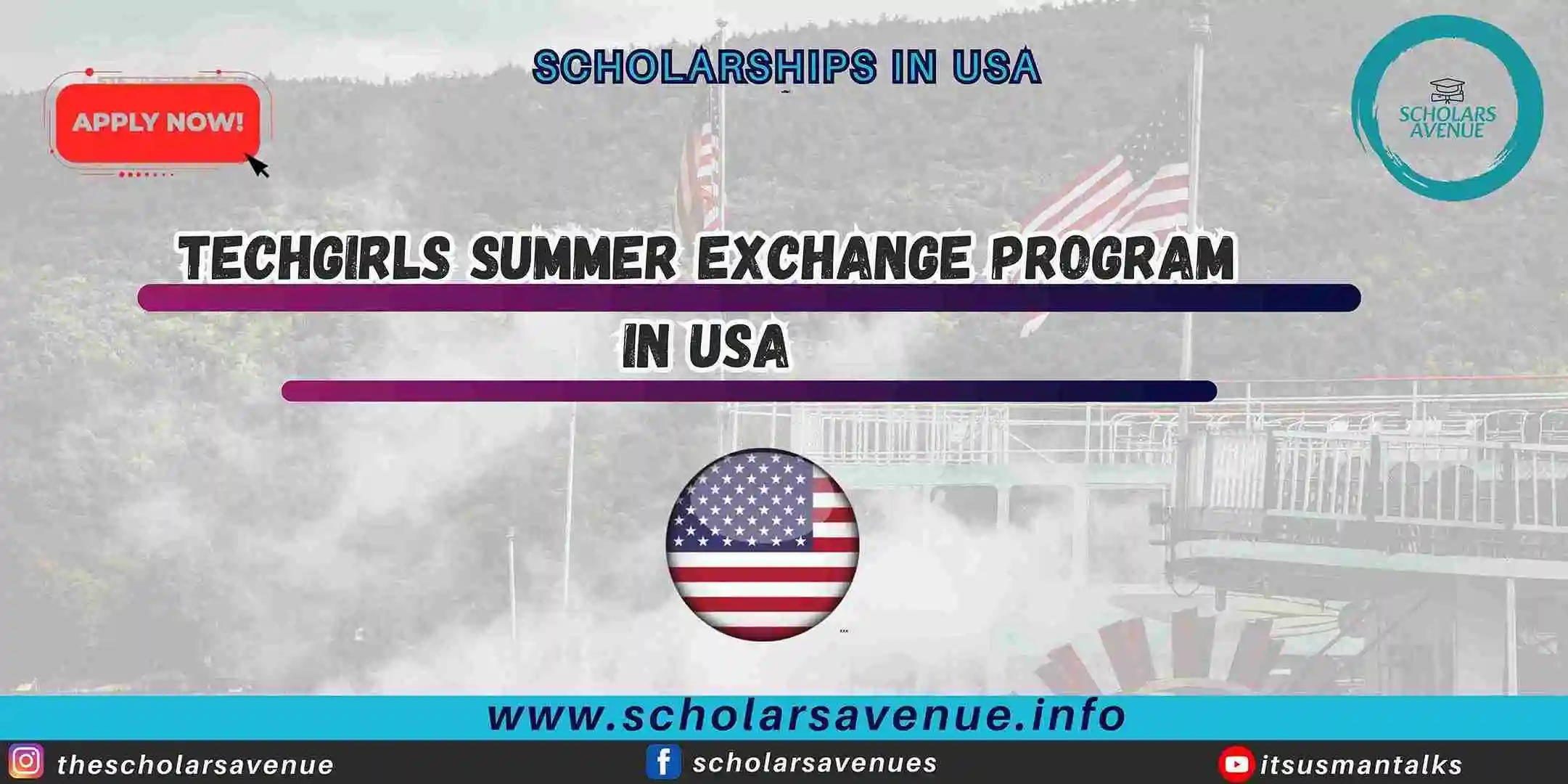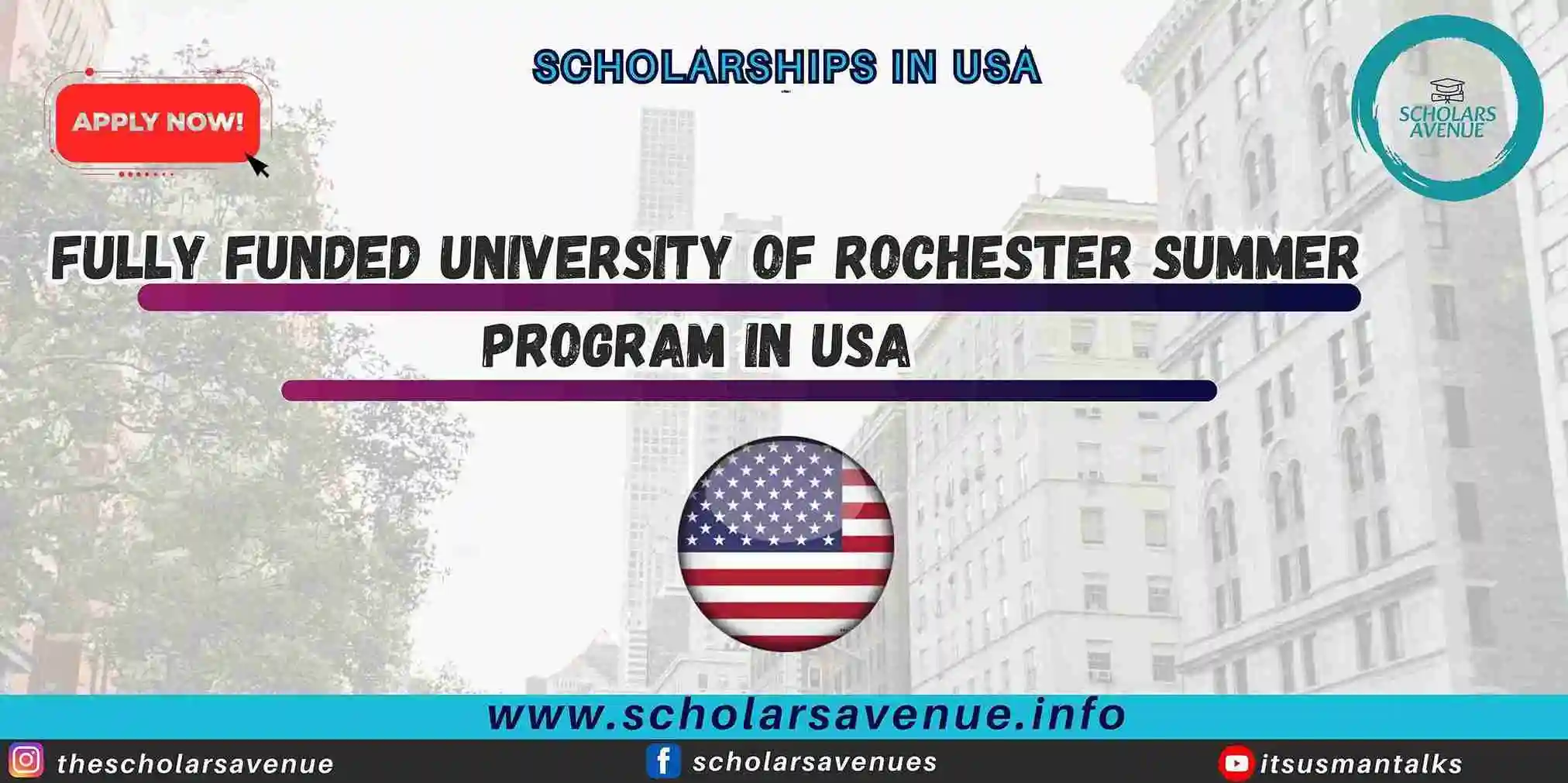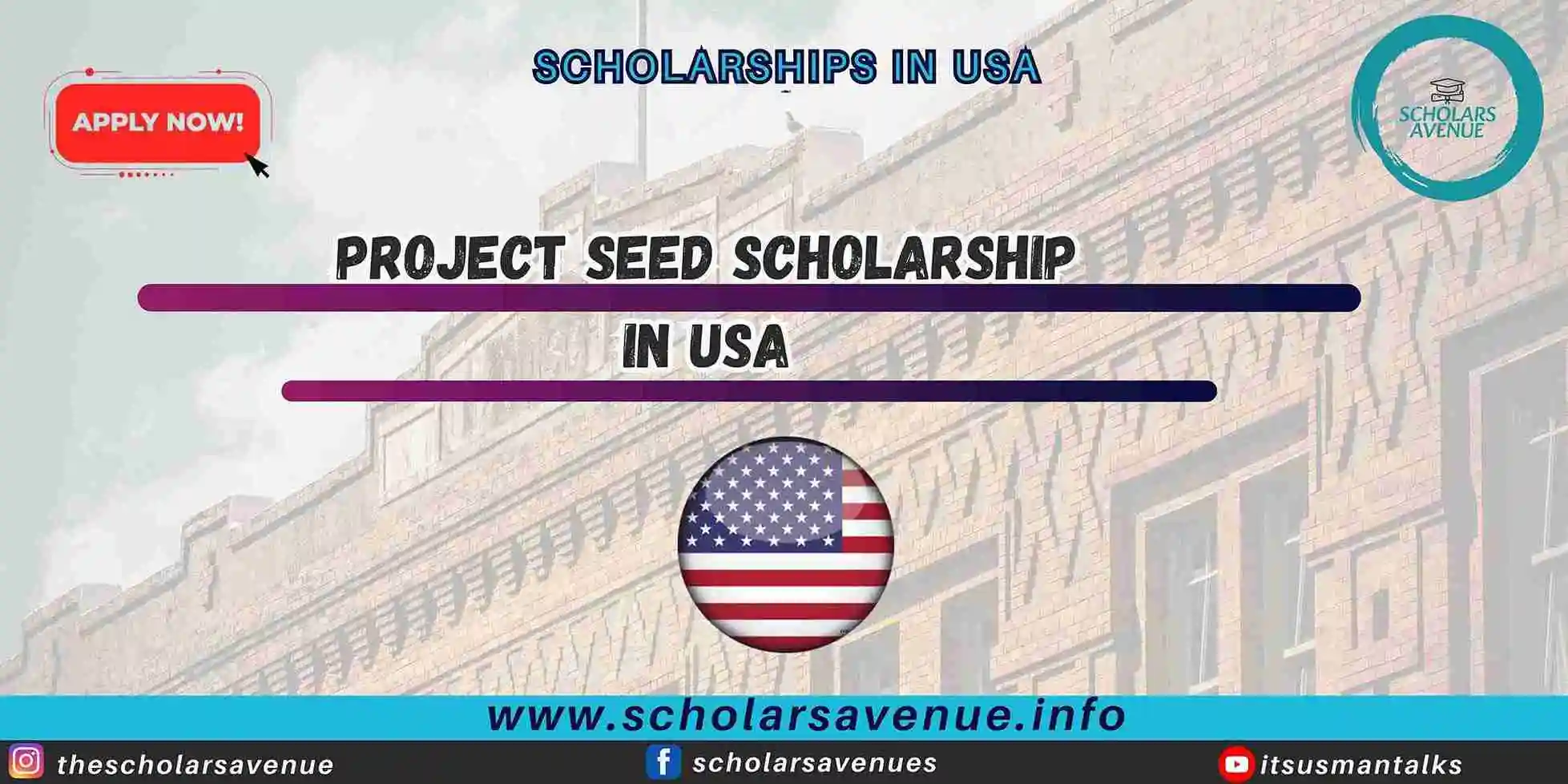For countless international students dreaming of studying or working abroad, one term often surfaces repeatedly to visa sponsorship. While the concept may seem straightforward at first, it actually holds various implications that can greatly impact your educational journey and future employment. Understanding the nuances of visa sponsorship is essential not only for securing legal entry into a country but also for navigating post-study opportunities effectively. With immigration laws growing increasingly complex, clarity on what visa sponsorship entails can empower you to make informed, strategic decisions that align with your academic and career aspirations.
Visa sponsorship plays a critical role in shaping the international student experience. Whether you’re planning to pursue a degree, land an internship, or secure a full-time role post-graduation, knowing how sponsorship works is non-negotiable. Many students find themselves overwhelmed by legal jargon or unsure about who can sponsor them and under what conditions. This blog serves as your complete guide to understanding visa sponsorship, from what it means, to who offers it, to how you can secure it as an international student.
Also check, Fastest Countries to Get a Student Visa in 2025
What is Visa Sponsorship?
Visa sponsorship is the formal process through which a person, company, or institution supports a foreign national’s visa application. This involves confirming their relationship with the applicant and taking on legal responsibility for them during their stay in the country. This sponsorship signals to immigration authorities that the student or worker has a valid reason to enter and stay in the country, and that they have support during their time there.
Types of Visa Sponsorship for Students
- University Sponsorship: When admitted to a recognized institution, the university sponsors your student visa.
- Employer Sponsorship: After graduation, if you secure a job, your employer may sponsor your work visa.
- Government or NGO Sponsorship: Some students receive sponsorship from governmental programs or organizations.
Why Visa Sponsorship is Important
Understanding visa sponsorship is crucial because without it, you may not be eligible to stay in a country for your intended purpose. Without a sponsor, your visa application could be rejected, or you may have to leave the country after your studies end. For students, it can affect:
- Your ability to enter and remain in a foreign country
- Your eligibility for internships or part-time jobs
- Your options for full-time work after graduation
- Your chances of obtaining permanent residency
How to Secure Visa Sponsorship as a Student
- Choose a Recognized Institution: Only accredited universities can issue valid sponsorship documents (like the I-20 in the US or CAS in the UK).
- Understand the Sponsorship Process: Research the visa requirements of your destination country.
- Prepare Proper Documentation: This includes offer letters, financial proof, and identification documents.
- Comply with Visa Regulations: Adhering to your visa conditions helps you maintain your sponsorship.
- Seek Career Support Services: University career centers often have lists of employers offering visa sponsorship.
Countries Popular for Visa Sponsorship and Their Processes
1. United States
- Requires Form I-20 from the university for F-1 visa
- Optional Practical Training (OPT) allows temporary work without a new visa
- H-1B visa sponsorship by employers is required for longer-term employment
2. United Kingdom
- Universities issue a Confirmation of Acceptance for Studies (CAS) for a student visa
- Graduate Route allows students to work post-study without sponsorship for 2 years
- Employer sponsorship is needed for Skilled Worker visa post-study
3. Canada
- Study permit needed; no sponsorship technically required for study
- Post-Graduation Work Permit (PGWP) allows open work rights
- Employer sponsorship required for permanent job offers under Express Entry
4. Australia
- Confirmation of Enrolment (CoE) is used for visa application
- Temporary Graduate visa (subclass 485) permits work post-study
- Employer sponsorship required for Temporary Skill Shortage visa
Also check, How to Avoid Student Visa Rejection: Common Mistakes in 2025
Common Challenges in Visa Sponsorship
- Limited Number of Sponsors: Not all employers are willing or qualified to sponsor visas.
- Cost and Legal Responsibility: Sponsorship involves financial and legal obligations that some institutions or companies may avoid.
- Competition: Many international students apply for the same sponsored roles.
- Strict Immigration Laws: Visa caps and country-specific regulations can complicate the process.
Tips to Improve Your Chances of Getting Sponsored
- Network with alumni and professionals in your field
- Apply early for internships with companies known to sponsor
- Attend job fairs and university events featuring sponsoring employers
- Tailor your CV for international standards
- Show your long-term commitment to staying and contributing to the host country
Resources to Help You Navigate Visa Sponsorship
- University International Student Offices
- Country-specific immigration websites (e.g., USCIS, UKVI, IRCC)
- Government-sponsored portals like Study in Canada or EducationUSA
- LinkedIn and Glassdoor to find companies that have sponsored before
- Visa law firms and educational consultants
Also check, How to crack scholarship Interview
For international students striving for academic and professional objectives abroad, visa sponsorships are a foundation. It not only provides legal entry into a country but also opens doors to valuable post-study opportunities. By understanding the types, processes, and challenges associated with visa sponsorship, students can better navigate the complex landscape of immigration and employment. From choosing the right university to preparing for post-graduation work, every step should be informed and strategic. With access to the right resources and timely planning, securing visa sponsorship becomes less daunting and more achievable.
Looking to maximize your chances of acceptance?
Consider using our Professional Services to polish your application and stand out from the crowd.
For detailed videos on relevant opportunities check out:
Frequently Asked Questions (FAQs)
What is visa sponsorship?
It’s when an institution or employer supports your visa application and takes legal responsibility for you during your stay.
Do all universities offer visa sponsorship?
No, only accredited and recognized institutions can issue valid sponsorship documents.
Can I get a job without visa sponsorship?
In some countries, yes, through post-study work visas. But long-term jobs usually require employer sponsorship.
How do I find companies that sponsor visas?
Use LinkedIn, Glassdoor, or check your university’s career services for employer lists.
Is visa sponsorship guaranteed after graduation?
No, it depends on the employer, job market, and country-specific rules.
What if my sponsor withdraws support?
You may lose your visa status and have to leave the country unless you find a new sponsor.
Does visa sponsorship cost money?
Yes, sponsors may need to pay application fees and meet legal requirements.
Can I switch sponsors while staying in the country?
In some cases, yes, but it often requires a new visa application.










